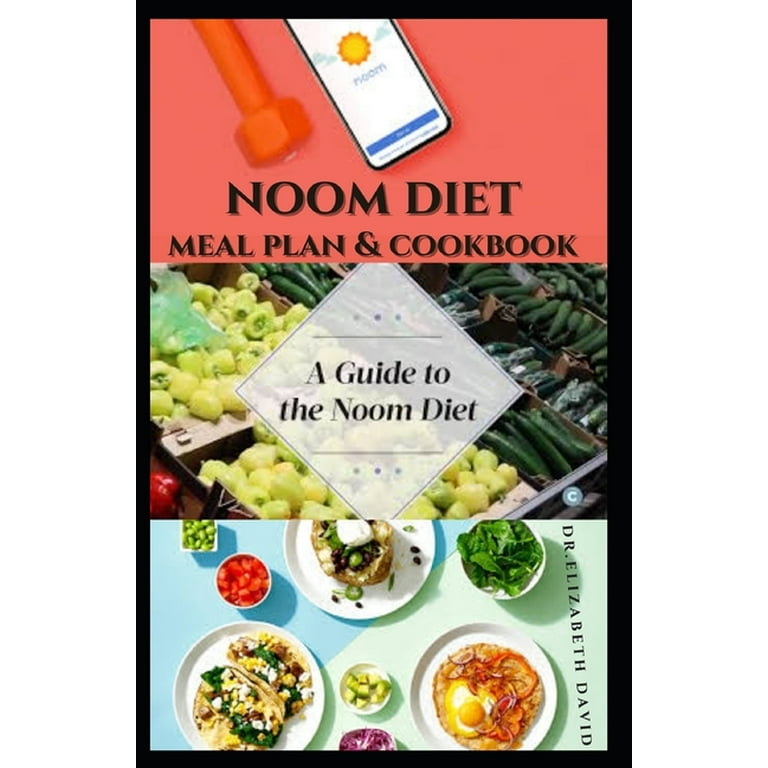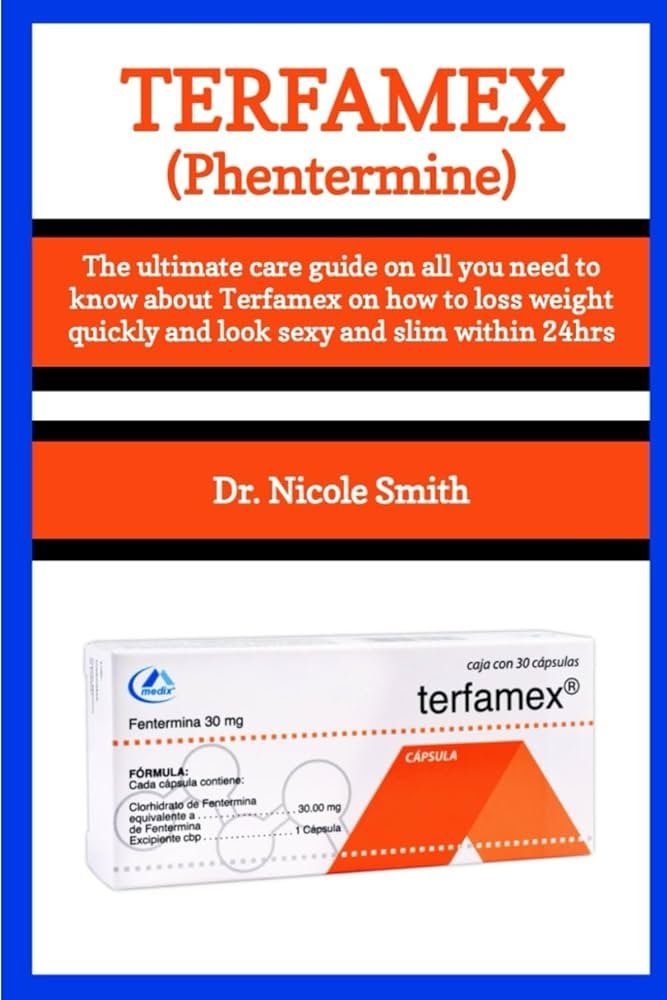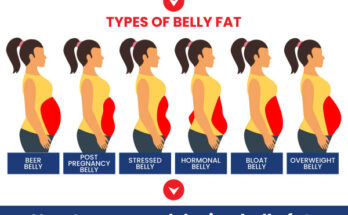Losing weight fast requires a calorie deficit and consistent exercise. Rapid weight-loss methods can pose health risks if not managed properly.
Embarking on a swift weight loss journey demands a balance between urgency and health. Many individuals seek quick results, aiming to shed pounds rapidly for various reasons, including events, health scares, or personal milestones. Yet, understanding the harmony between effective strategies and maintaining nutritional wellness is key.
Safe, fast weight loss involves adopting a structured diet plan, increasing physical activity, and ensuring that your body gets the essential nutrients it needs. While tempting, extreme diets and excessive exercise can do more harm than good, leading to muscle loss, nutritional deficiencies, and even metabolic slowdown. This introduction paves the way for a discussion on sustainable methods to achieve rapid weight loss without compromising your health.
The Reality Of Rapid Weight Loss
Fast weight loss sounds like the ideal solution when looking to slim down quickly. Tempting promises of a swift drop in pounds are often seen in diets and fitness regimens. But understanding the reality behind these claims is crucial. This section dives into what you truly need to know about rapid weight loss, including its potential impact on your health and the importance of maintaining realistic expectations.
Health Considerations
Your health is the most important factor when considering losing weight quickly. Quick weight loss can lead to several health risks and side effects. These may include nutrient deficiencies, muscle loss, and gallstones. Your body needs a balanced approach for safe and effective weight loss. Rapid changes can upset your body’s balance.
- Risk of malnutrition due to lack of essential nutrients.
- Dehydration, as initial weight loss is often water weight.
- Metabolic slowdown, making future weight loss harder.
- Impact on mental health, with feelings of fatigue and irritability.
Setting Realistic Expectations
Fast weight loss can result in quickly regained weight. Sustainable weight loss involves losing one to two pounds per week. Setting realistic goals aligns with how your body naturally sheds weight. This method supports long-term results and a healthier lifestyle.
Set achievable targets and celebrate small victories. This practice keeps motivation high and encourages a consistent approach to a healthier you. Without realistic expectations, you might feel discouraged, which can undermine your efforts.
| Timeframe | Weight Loss Goal | Healthy Approach |
|---|---|---|
| Week 1-4 | 4-8 lbs | Caloric deficit, balanced diet, regular exercise |
| Month 2-3 | 8-16 lbs | Continued healthy eating, increased activity level |

Credit: shefit.com
Dietary Strategies For Swift Results
Many seek quick weight loss solutions. It requires smart diet choices. Understanding how the body sheds pounds is key. Let’s explore effective dietary strategies for fast results.
Caloric Deficit: The Core Principle
A caloric deficit means eating fewer calories than burned. It is crucial for weight loss. The body uses stored fat for energy when in a deficit, leading to weight reduction. Here’s what to know:
- Calculate Your Basal Metabolic Rate (BMR): Know the calories to maintain current weight.
- Set a Deficit: Aim for a 500-1000 calorie reduction daily for 1-2 pounds loss per week.
- Track Intake: Use apps or journals to keep a calorie count.
Macronutrient Balance & Importance
Weight loss is not just calories. Macronutrients (macros) matter. Protein, fats, and carbs must balance. This ensures sustained energy and muscle maintenance. Here’s a macro guideline:
| Macronutrient | Percentage of Daily Intake |
|---|---|
| Protein | 30%-35% |
| Fats | 20%-30% |
| Carbohydrates | 40%-50% |
Customize macros for specific needs and goals.
Intermittent Fasting And Its Variants
Intermittent fasting (IF) is a pattern of eating. It alternates between fasting and eating periods. Benefits include fat loss and metabolism improvements. Common types include:
- 16/8 method: Fast for 16 hours, eat in an 8-hour window.
- 5:2 method: Eat normally five days, restrict to 500-600 calories on two non-consecutive days.
- Alternate Day Fasting: Switch between no food or minimal food days and normal eating days.
Select a fasting style fitting your lifestyle to increase adherence.
Exercise Essentials For Igniting Fat Loss
Embarking on a weight loss journey can seem daunting, but with the right exercise plan, you can efficiently burn fat and reach your fitness goals. Learn about the exercise essentials that kickstart significant fat loss and contribute to a healthier lifestyle.
Cardiovascular Exercises: Benefits And Types
Cardiovascular exercises elevate your heart rate and boost calorie burning. Engaging in these workouts regularly improves heart health and enhances overall stamina.
- Running or Jogging: Great for outdoor enthusiasts.
- Swimming: Provides a full-body workout and is easy on the joints.
- Cycling: A fantastic way to explore while improving leg strength.
- Zumba or Dance Fitness: Combines fun and fitness in high-energy sessions.
Strength Training To Boost Metabolism
Strength training not only builds muscle but also promotes a higher resting metabolic rate. This means you burn more calories even when you’re not exercising.
| Exercise | Muscles Worked | Benefits |
|---|---|---|
| Squats | Legs, Glutes | Builds lower body strength |
| Push-Ups | Chest, Arms | Enhances upper body power |
| Deadlifts | Back, Core | Improves posture |
Hiit: Efficiency In Weight Loss
High-Intensity Interval Training, or HIIT, is a time-saving workout method. It combines short bursts of intense exercise with periods of rest. HIIT fires up your metabolism and helps in quick fat loss.
- Start with a warm-up: Prepares your body for intense activity.
- High-intensity exercise: Perform for 20-30 seconds.
- Rest: Recover for equal or slightly longer periods.
- Repeat: Complete multiple rounds.

Credit: www.amazon.com
Lifestyle Tweaks To Shed Pounds
Want to drop those extra pounds quickly? Slight changes in everyday habits can help. Let’s dive into lifestyle tweaks that make a big difference in weight loss.
Sleep’s Role In Weight Management
A good night’s rest isn’t just for feeling alert. It’s a key player in weight control. Missing sleep can make you hungry because it messes with hunger hormones. Here’s what to aim for:
- 7-9 hours of sleep nightly.
- Stop screen time 1 hour before bed.
- Regular sleep schedule even on weekends.
Hydration: Water As A Weight-loss Aid
Never underestimate the power of staying hydrated. Water boosts metabolism and fills you up. Check these tips:
- Drink 8-10 glasses of water daily.
- Start with a glass of water before meals.
- Swap sweet drinks for water.
Stress Management And Its Impact On Weight
Stress leads to weight gain, often through stress eating. Reducing stress is crucial. Try these:
- Practice mindfulness or meditation.
- Regular exercise can cut stress.
- Connect with friends and family for support.
Risks And Precautions Of Quick Weight Loss
Shedding weight quickly might seem tempting. But rapid weight loss comes with its own set of risks. Understanding these is important to protect your health. Stick around as we discuss the hidden dangers and vital precautions you need to take.
Understanding The Yo-yo Effect
Quick weight loss often leads to swift weight gain, commonly known as the Yo-Yo Effect. This cycle is unhealthy for several reasons:
- It slows your metabolism, making it harder to lose weight in the future.
- It can struggle with long-term weight management.
- Muscle loss is probable, which is bad for overall health.
Nutrient Deficiencies To Avoid
Rapid weight loss diets can miss important nutrients. Your body needs these nutrients to function properly. Watch out for these deficiencies:
| Vitamin/Mineral | Importance |
|---|---|
| Iron | Prevents fatigue and anemia |
| Calcium | Keeps bones strong |
| Vitamin B12 | Supports nerve function |
Including a variety of foods ensures you get all vitamins and minerals. Check with a dietitian to make sure your diet is balanced.
Importance Of Medical Supervision
Quick weight loss can be safe with a doctor’s guidance. Medical supervision helps you:
- Spot any health issues that might make weight loss unsafe for you.
- Understand the right amount of calories and nutrients you need.
- Receive support and ensure you are losing weight healthily.
Consult a healthcare provider before starting any weight loss program.

Credit: www.walmart.com
Frequently Asked Questions For Everything You Need To Know About Losing Weight Fast
What Do I Need To Know About Fasting To Lose Weight?
To fast for weight loss, consult a healthcare professional first. Opt for intermittent fasting methods that suit your lifestyle. Maintain a balanced diet during eating periods. Stay hydrated with water and calorie-free drinks. Monitor your body’s response and adjust accordingly for safety.
What Is The 30 30 30 Rule For Weight Loss?
The 30 30 30 rule for weight loss suggests eating 30 grams of protein within 30 minutes of waking up for 30 days to boost metabolism and curb appetite.
What To Do If You Are Losing Weight Fast?
Consult a healthcare professional immediately. Track your calorie intake and ensure it meets your daily needs. Consider potential stress or illness factors. Stay hydrated and prioritize nutrient-dense foods. Avoid excessive exercise or activity that may contribute to rapid weight loss.
How To Lose 20 Pounds In A Month?
To lose 20 pounds in a month, create a calorie deficit through diet and exercise. Opt for whole foods, reduce portion sizes, and increase physical activity. Consider professional guidance for safe, sustainable weight loss. Always consult a healthcare provider before starting any rigorous weight loss plan.
Conclusion
Shedding pounds swiftly is achievable with the right approach. Remember, consistency and a balanced diet paired with exercise are key. For lasting health, avoid quick fixes. Seek professional advice, and trust in your weight loss journey. To a slimmer, healthier you!



